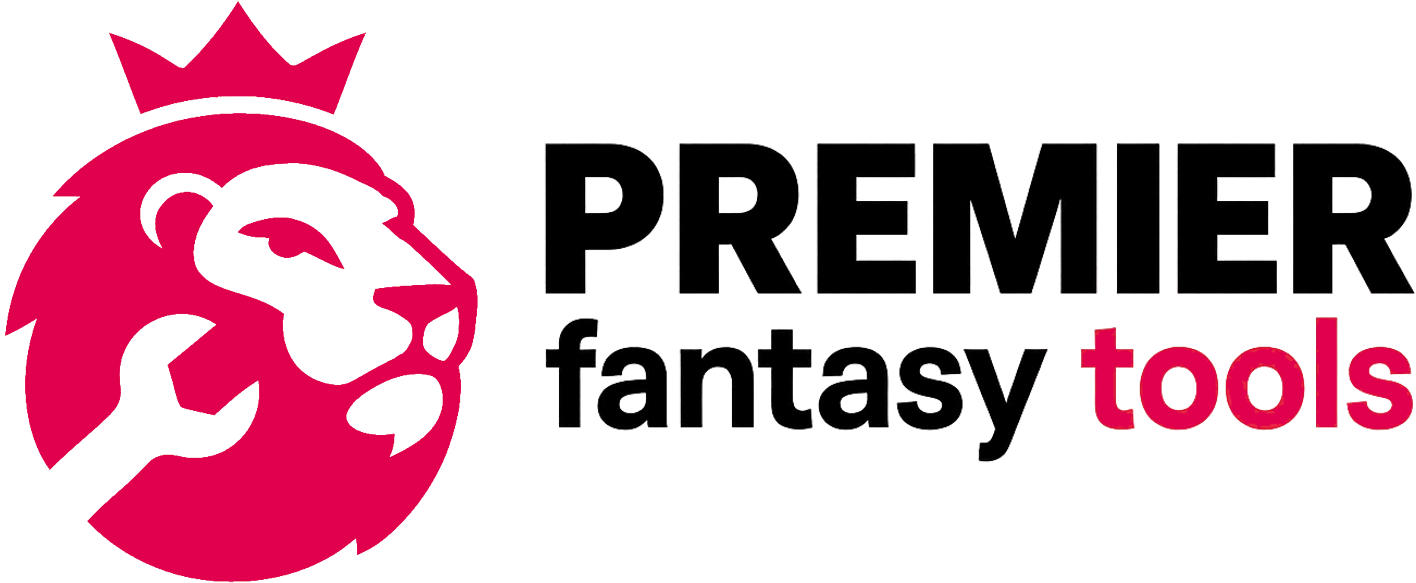Last updated on August 26th, 2025
Whether you play fantasy football for free bragging rights or run a private mini-league with a prize pot, it’s worth knowing how the game is viewed in different countries. What counts as gambling isn’t the same everywhere, and across Europe interpretations differ.
The line between fantasy and gambling, what actually matters
For any fantasy format, the same three questions are key: is there an entry fee, is there a prize with real value, and does chance influence the result. Within the EU there’s no single gambling law, each country sets its own definitions. That means a format that is perfectly fine in one place can be treated as regulated gambling just across the border.
When you want a non-football read while staying in the online entertainment world, the casino space has plenty to explore, with netbsd casino offering Swedish readers a guide to casinos without a Swedish licence. Here you can find details on available bonuses, payment options, game providers, and practical aspects like VPN use and RTP levels.
It’s a different type of game, of course, but the contrast highlights the same idea: once money and prizes are involved, the rules become much stricter. And that’s worth keeping in mind for fantasy managers too.
The practical takeaway is quite simple: Keep free public leagues free to enter and use non-cash rewards, and you should stay firmly on the recreational side. If you start collecting money and awarding cash or cash-like prizes, you may cross into a regulated area, and that threshold can shift from country to country.
The Nordics in practice, Sweden, Denmark, Norway, Finland
Fantasy Premier League has a huge following across the Nordic region. Norway in particular comes in strong, with reports noting that more than 170,000 Norwegians play the game, making it one of the highest per-capita participation rates anywhere. Sweden also has a good base, with well over 160,000 players joining each season. With those levels of engagement, it makes sense to understand how local rules view prize-based formats compared with free-to-play leagues.
Sweden operates a strict licensing system with active enforcement and can block payments to unlicensed operators. Denmark applies a clear “stake + chance to win a prize”- test , so if both are present, licensing applies. Private, no-stake leagues sit outside those definitions, but for prize-based contests, the rules can bite.
Norway’s state monopoly means the authorities actively block unlicensed gambling sites at the network level. While standard free-to-play fantasy is unaffected, anyone organising paid leagues that include Norwegian players should be aware that stricter national rules could apply. Finland is shifting from a monopoly to a licensing model, and while the reform focuses on betting and casino, the change could bring more attention to other formats.
The United Kingdom today, what can trigger licensing for fantasy
In the UK, free leagues are generally fine, but once you add entry fees and monetary prizes, the picture changes. The Gambling Commission can view such contests as “pool betting” and require a licence if they’re run commercially or publicly. Private leagues among friends are usually safe, but broadcasting your contest on social media with a large cash prize could change how it’s classified.
Recent cases show the Commission is willing to investigate fantasy formats that blend gaming with wagering or investment-style elements. That’s unlikely to affect most open public leagues, yet it’s a reminder that the legal line can move.
For the average manager, if there’s no entry fee and the prize isn’t cash or equivalent, you are generally outside gambling rules. Still, it’s important to keep prize handling transparent and to check the terms of any platform you use, while also being aware that the legal definitions can differ from country to country.
FPL elsewhere in Europe
Other countries in Europe take a mix of approaches. Malta treats fantasy sports as skill games, but still requires a skill games licence if it’s run commercially. Spain splits oversight between national and regional bodies. Fantasy formats with entry fees may fall under regulated betting according to national law. Germany has taken a tough stance on certain daily fantasy formats, even forcing some operators to exit the market.
For most free-to-play managers, all this might feel a bit far off, but it’s a good reminder that the rules can change quickly once you cross a border. If you ever set up a prize league that’s open to friends abroad, you could suddenly have players in countries where the rules are a lot stricter.
You don’t need to be an expert in every law, but having a rough sense of the landscape helps you avoid surprises and explains why some contests carry extra rules.
Keeping your league fun and hassle-free
Whatever type of league you run, a quick mental checklist goes a long way:
- Is there money in, money out, and any role for chance?
- Who are the players and where are they based?
- Are you advertising beyond your private circle?
If the answer to those points is “yes” in a prize-based context, you might be in regulated territory.
Think trophies, a bit of merch, or just bragging rights, and you’re pretty much safe wherever you play. If money is involved, keep it simple and transparent. Make sure everyone knows the rules from the start, and be careful if you invite players from countries that actively block unlicensed gambling sites, such as Norway.
This overview is for information only and does not constitute legal advice.
